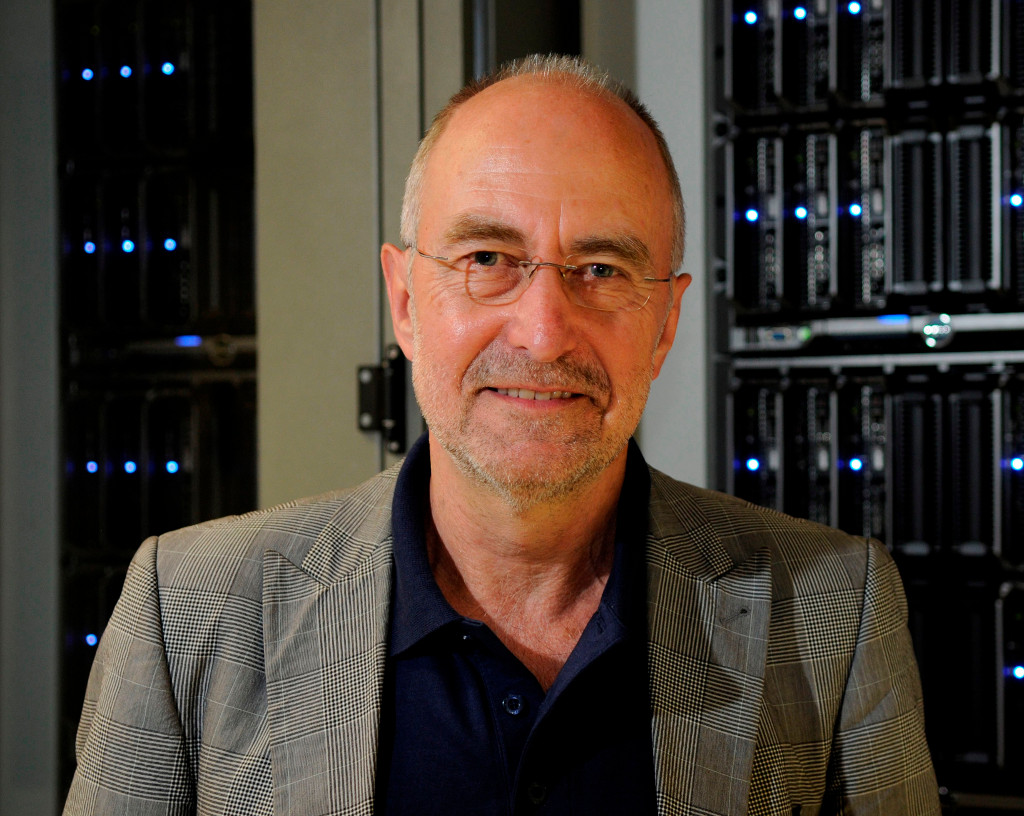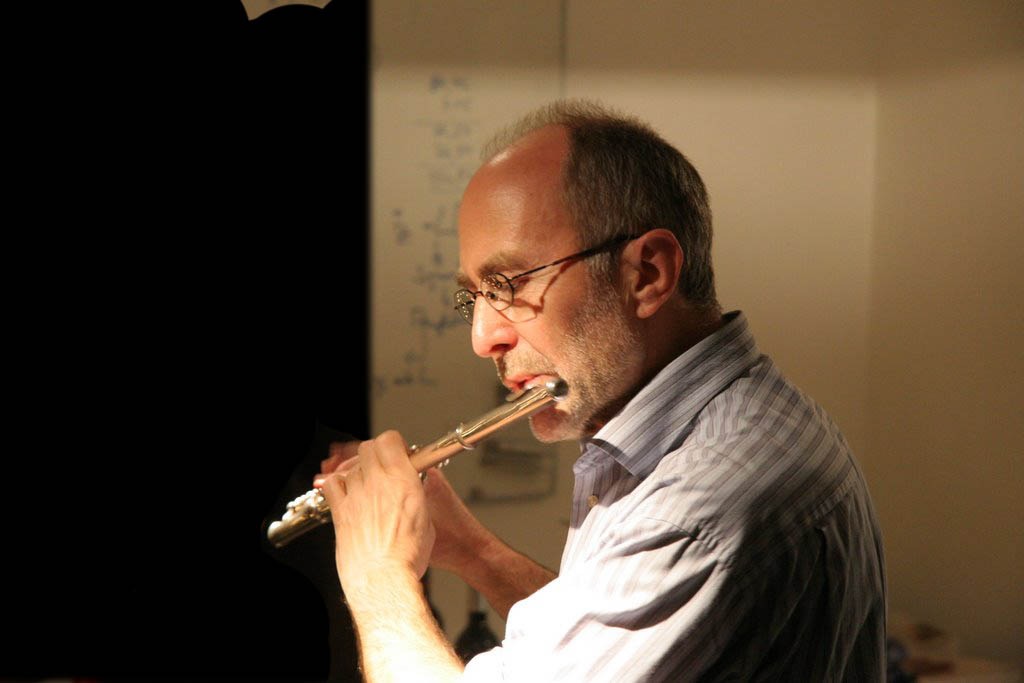
LET'S FACE CHAOS THROUGH NONLINEAR DYNAMICS
at the University of Maribor, Slovenia
22 June - 6 July 2014


|
9th International Summer School/Conference LET'S FACE CHAOS THROUGH NONLINEAR DYNAMICS at the University of Maribor, Slovenia 22 June - 6 July 2014 |

|


Professor Theo Geisel is Managing Director of the Max Planck Institute
for Dynamics and Self-Organization and Full Professor of Theoretical Physics at
the University of Göttingen since 1996. He is also heading the Institute for
Nonlinear Dynamics of the Georg August University Göttingen and was the founder
and long-term chairperson of the Bernstein Center for Computational Neuroscience
Göttingen. Born in 1948 he studied at the universities in Frankfurt and Regensburg
and received his PhD in Theoretical Physics in 1975 from the University of Regensburg.
After his PhD studies he worked as a postdoc at the Max Planck Institute for Solid
State Research in Stuttgart (1976-1977) and the Xerox Palo Alto Research Center
(1978-1979). In 1980 he returned to his alma mater in Regensburg as an assistant
professor, in 1983 he became a Heisenberg Fellow. The University of Würzburg
recruited Theo Geisel as an associate professor in 1988 from where he left to join
the Faculty of Physics at the University of Frankfurt in 1989. In 1996 the Max Planck
Society hired him as a director of the Max Planck Institute for Fluid Dynamics,
founded by Ludwig Prandtl in 1925, to guide it to new scientific directions. This
eventually led to the scientific reorientation of the institute, now dedicated to
the dynamics of complex matter, and to its renaming as Max Planck Institute for
Dynamics and Self-Organization;
Professor Theo Geisel is widely recognized internationally for his cutting-edge
research on nonlinear dynamics. He was the pioneer who discovered and introduced
the stochastic process of Lévy Random Walks in 1985 and applied them in a variety
of dynamical systems. On the one hand he has been working on problems originating
in physics, like transport in nanostructures and quantum chaos, on the other hand
he has applied methods from nonlinear dynamics to complex biological networks, the
spreading of modern epidemics, and many problems in neuroscience that can be addressed
by theoretical and computational methods.
Applying nonlinear dynamics to transport problems in semiconductor nanostructures
he was able to explain numerous magnetoresistance effects, like e.g. a negative
Hall effect and novel magnetoresistance peaks, by chaotic dynamics in mixed phase
spaces. In the area of quantum chaos he elucidated the influence of classical chaos
on fractal spectra in quasiperiodic Schrödinger systems and their localization
transitions. He gave general quantum mechanical answers to the old questions, what
determines the spreading of wave packets and what determines the decay of quantum
mechanical correlations in such nontrivial cases with fractal or multifractal spectra.
His work, supported by the Leibniz-Prize 1994 and by the foundation of the Bernstein
Center for Computational Neuroscience under his leadership, led to important and
outstanding discoveries in neuroscience. He succeeded in developing the general
theory for the emergence of neuronal maps in the visual cortex of mammals explaining
many experimental details. These findings contributed substantially to the understanding
of learning processes and the formation of neural circuits. He discovered the phenomenon
of unstable attractors emerging generically in large networks of pulse-coupled oscillators.
This appears to be a fundamental mechanism which allows neural systems to achieve
the flexibility required to respond to ever changing inputs.
Furthermore, some 10 years ago Professor Geisel opened a new and original approach
to the theoretical and empirical studies of human travel behaviour, the spreading
of epidemics and related systems by analyzing the spreading of bank notes as a proxy
and by introducing the notion of anomalous diffusion. His theoretical results explain
the observed spreading behaviour and - very importantly - provide a basis for a
largely improved precision for the prediction and forecast of epidemics.
In 1994 the German Research Foundation (Deutsche Forschungsgemeinschaft) awarded
him the Gottfried Wilhelm Leibniz Prize, the most distinguished German research
prize. A fellow of the American Physical Society (2008) and a member of the Göttingen
Academy of Sciences and Humanities he received the Gentner-Kastler Prize in 2009,
a prize which is awarded to a German physicist every second year by the French Physical
Society and the German Physical Society.
Professor Theo Geisel is one of the five Honorary Directors of our Schools &
Conferences, and one of the most outstanding invited lecturers since 1999. He is
a pioneer of classical and quantum chaos and one of the most important founders
of theoretical neurophysics, a scientific organizer and highly appreciated teacher
and mentor. It is impressive to conclude that he has contributed important applications
of dynamical systems to many of the scientific disciplines and research fields that
are covered by the scientific programme of our School and Conference.
It is a great privilege to welcome and honour him at our 9th School and Conference
in Maribor, on occasion of his 65th birthday, combining wonderful science with wonderful
music. Also this cultural dimension is a part of his intellectual life, as he is
an enthusiastic musician playing the saxophone and flute, e.g. in his institute's
jazz band. It is on Tuesday 1 July 2014 at 21:00 that we shall celebrate his 65th
birthday by a concert, laudatio, and reception.
|
|
Last modified: 26 December 2013 by chaos@uni-mb.si |
|